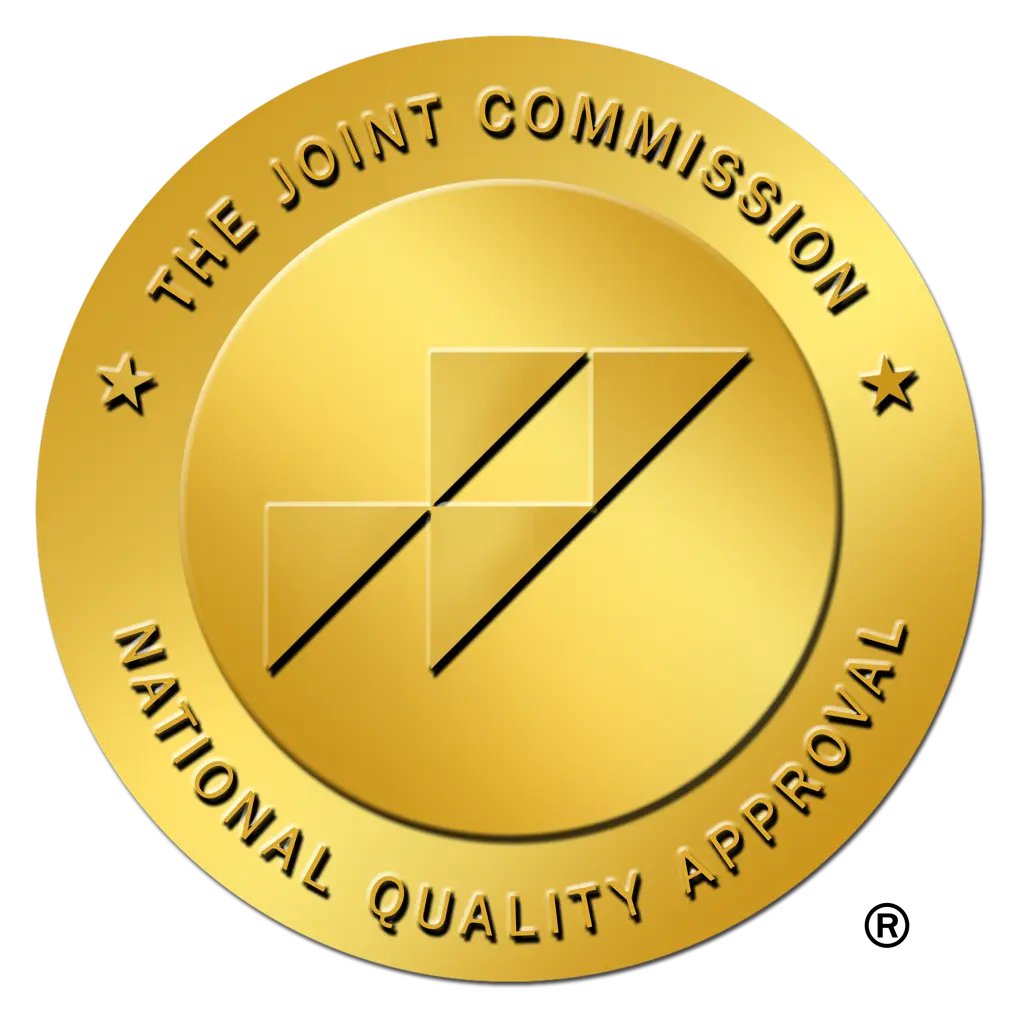Mental illnesses are common in the United States. However, that does not mean that your mental health issues are not unique. In a culture where quick fixes and instant gratification are increasingly more common, it is normal to want an easy solution. However, a quick fix is only a bandaid. Addressing the root of the problem by unpacking the issues and being treated for more than the immediate symptoms will help you to heal long-term. Alter San Diego Crisis Intervention can help you stabilize during a mental health crisis while being treated as a whole person.
Managing Mental Health
Your mental health includes your emotional, psychological, and social health. Managing your mental health is not easy, especially if you struggle with mental illness. However, there are many ways that you can improve your quality of life and overall health. The National Insitute of Mental Health explains that a combination of self-care and professional help is ideal for improving and managing mental health. This can include improving exercise habits and lifestyle, medication, and/or therapy to help you learn new skills. However, each of these will ideally address the underlying problem rather than a simple quick fix.
How to Address the Problem
Addressing the problem you are having is often complicated. If you experience a mental health crisis, you may not understand the root of the issue. Additionally, it can be tempting to deny there is a problem. However, denial can lead to more issues and a mental health crisis in the future. Therefore, learning to address the underlying issue will help you to improve your mental health now and in the future.
There are multiple steps required for you to solve the underlying issue that you are experiencing. It involves understanding and unpacking it, getting individualized treatment, and having a plan that addresses the root of the problem. Working with a mental health care team will give you the support and care that you need to do more than simply put a bandaid on the issue.
Unpacking and Understanding the Problem
Mental health problems vary depending on the person and situation. If you have experienced a mental health crisis, it can be the result of many different components that all interact. For example, if you have a mental illness, a crisis can occur due to stopping your medication, being overloaded with stress, substance abuse, or a traumatic event. Therefore, there is a combination of pieces that all interact.
It takes time to unpack and understand the root of the problem. It means weeding out other issues that may appear to be the actual issue, but on further examination are not. If you experience a crisis, the first step is stabilization, which addresses the symptoms of the crisis. However, after stabilization, the real work begins. This often involves working with a counselor to get diagnosed and understand what the real problem is.
Individualized Treatment
Since mental health problems are so unique, individualized treatment is necessary to solve the root issue. From stabilization to therapy, your needs are specific to the combination of your mental health challenges and life. Therefore, at Alter San Diego Crisis Intervention, you will be seen as a separate individual with a unique set of issues.
Individualized treatment often involves similar components including medication, therapy, lifestyle modifications, and support. However, it becomes individualized when it is adjusted to meet your needs. For example, if you have experienced a crisis due to being undiagnosed, your treatment will involve understanding your diagnosis and what you need to do to heal.
A Full Treatment Plan That Addresses the Root of the Problem
If you experience a mental health crisis, it can be jarring. However, it is only the tip of the iceberg. While the symptoms of a crisis can appear abrupt and scary, they come from somewhere. This cause is often deep beneath the surface, but it is there. Addressing and treating the symptoms of a crisis is important and part of the first step, stabilization. However, healing requires a full treatment plan.
A full treatment plan includes addressing and decreasing the symptoms you are experiencing and their cause. For example, if you are experiencing anxiety or depression, treatment will include methods to help you manage symptoms. This might look like breathing techniques to relax or lifestyle changes to improve your mood. However, a full treatment plan will also address the cause of your mental health symptoms. This might include medication to rebalance chemicals in the brain or therapy that helps you heal from past trauma.
It is normal to want to just feel better if you have experienced a mental health crisis. However, healing long-term means taking the time to unpack the issues, working with an experienced team who provides individualized treatment, and having a full treatment plan that helps to manage symptoms while addressing the root cause of the problems you are experiencing.
Managing mental health and overcoming a crisis is not a simple matter. In the current culture of quick fixes, it is common to see a bandaid approach that doesn’t provide real long-term results. Alter San Diego Crisis Intervention does not just put a bandaid on issues and send clients on their way. We focus on unpacking the issue and treating clients as individuals. This involves helping clients stabilize if they are experiencing a mental health crisis and providing support and structure to take the next steps of treatment. To learn more about our facility and how we can help you or your loved one improve their mental health and heal from a mental health crisis, call (866) 986-1481.

